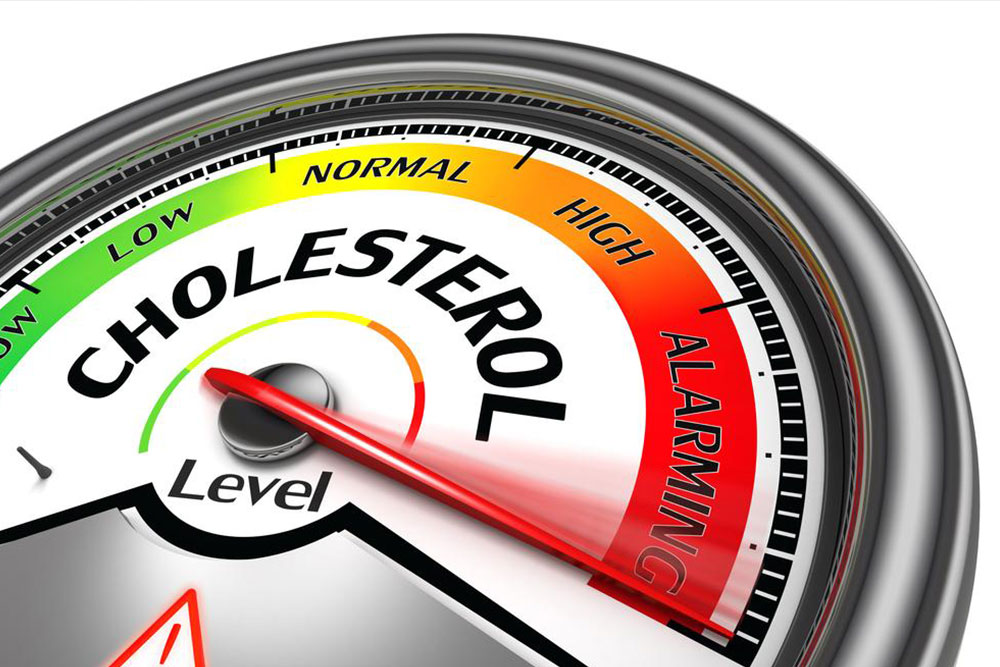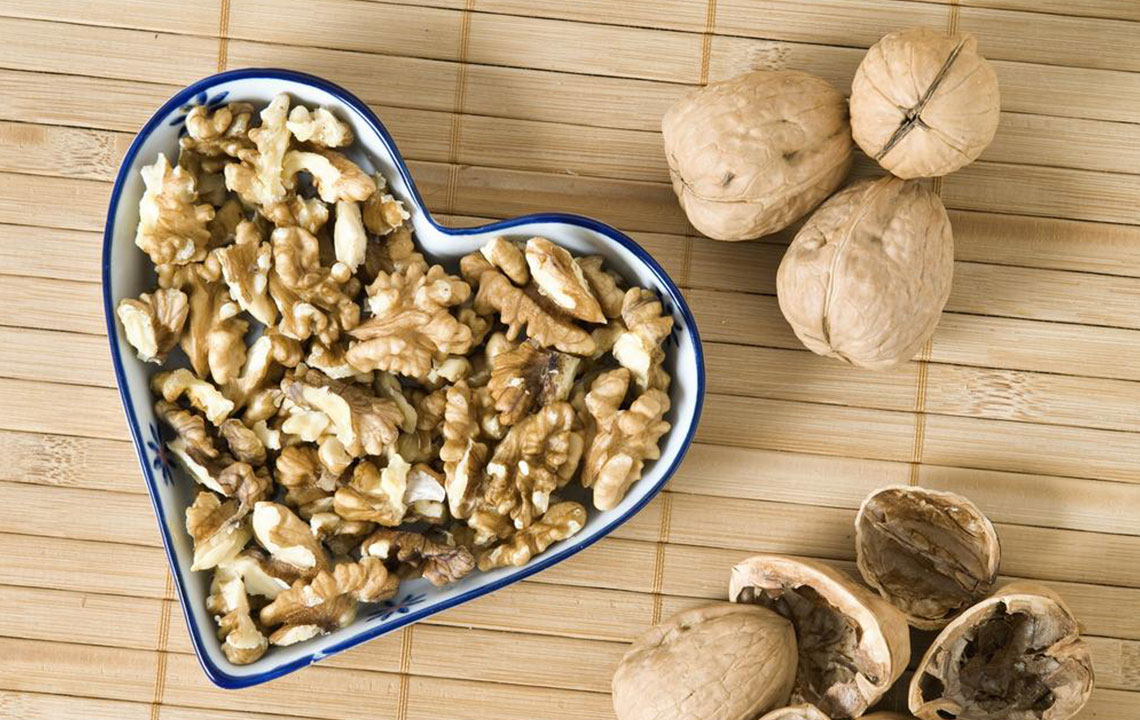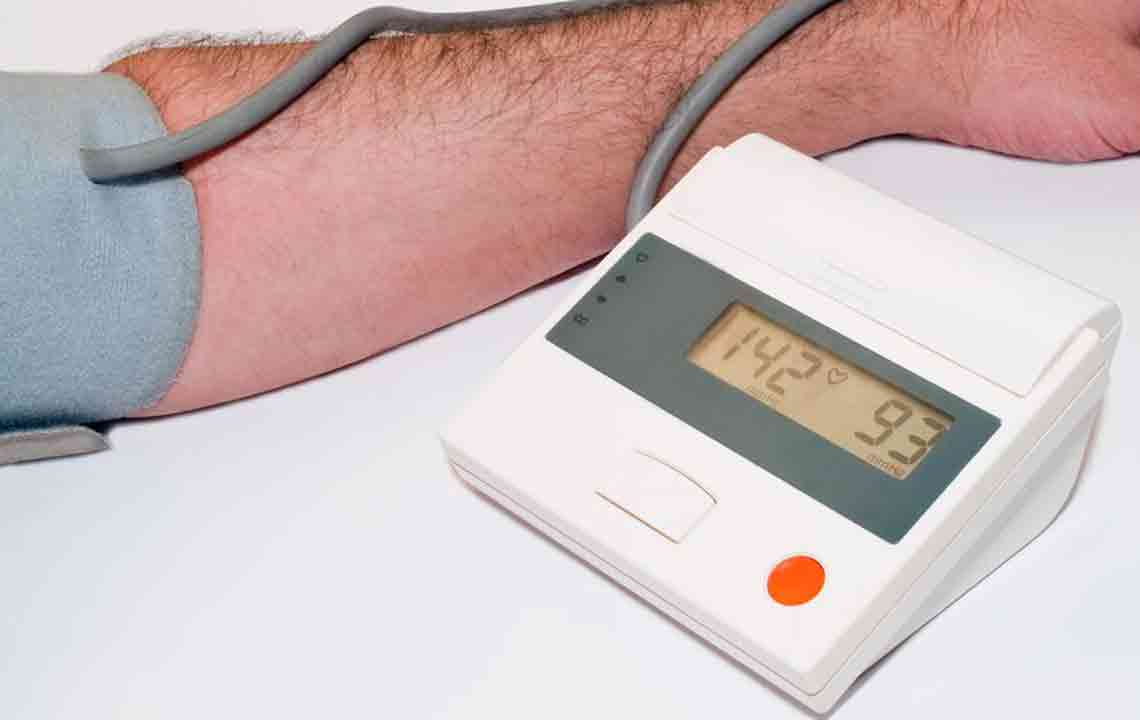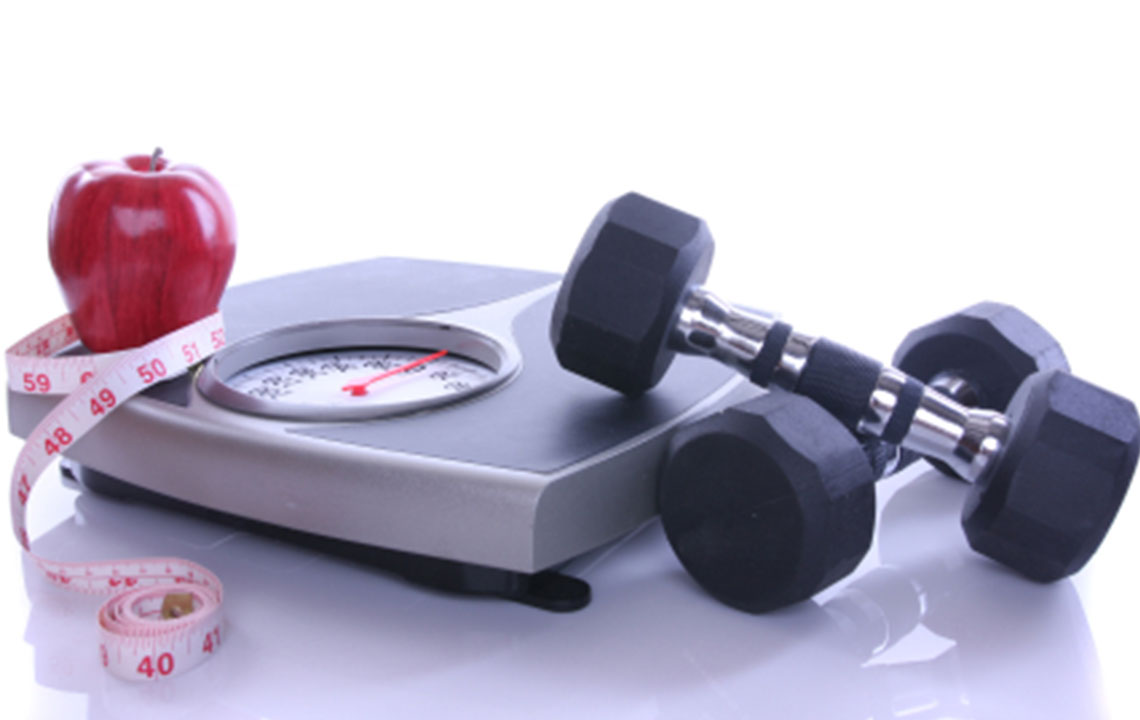Comprehensive Approach to Managing Cholesterol for a Heart-Healthy Life
This comprehensive guide explores the importance of cholesterol management for heart health. It covers the roles of LDL and HDL, factors affecting cholesterol levels, and effective strategies to lower bad cholesterol through lifestyle and dietary changes. Learn how sustained efforts can improve your cardiovascular health within months and the significance of regular monitoring for optimal well-being.

In-Depth Insights into Cholesterol and Its Impact on Heart Health
Understanding Cholesterol: Essential Knowledge for Maintaining Optimal Health
Cholesterol is often associated with serious health risks like heart disease and strokes, but it is important to understand that cholesterol itself is a vital substance in your body. The key is in understanding the different types—namely low-density lipoprotein (LDL), commonly dubbed as 'bad cholesterol,' and high-density lipoprotein (HDL), known as 'good cholesterol.' Correct management and balance of these lipoproteins are crucial for maintaining overall cardiovascular health. High levels of LDL can contribute to atherosclerosis, narrowing of arteries, and increased risk of cardiovascular events, whereas adequate HDL helps remove excess cholesterol from the bloodstream, supporting heart health.
Healthcare professionals emphasize the importance of regular monitoring of cholesterol levels, typically through blood tests such as lipid panels, to maintain a healthy balance. Managing cholesterol is an ongoing process that combines lifestyle modifications, dietary considerations, and sometimes medication, depending on individual risk factors.
Why Is Cholesterol Essential for Your Body?
Cholesterol is a fundamental structural component of cell membranes, giving them stability and fluidity necessary for proper function.
The liver synthesizes most of the cholesterol naturally, and it plays a crucial role in various biological processes.
Cholesterol is critical in building and maintaining cell integrity across different tissues and organs.
It helps regulate membrane fluidity, ensuring cell function is maintained in varying body temperatures.
Cholesterol serves as a precursor for the synthesis of steroid hormones such as cortisol, estrogen, and testosterone, which influence vital bodily functions including metabolism, immune response, and reproductive health.
Factors That Contribute to Elevated LDL Cholesterol Levels
Diet is a primary factor—consuming high amounts of saturated fats, trans fats, and processed foods increases LDL cholesterol over time.
Genetic predispositions can influence baseline cholesterol levels, but lifestyle factors often exacerbate these tendencies.
Eating habits involving frequent intake of organ meats, dairy, fried foods, sugary baked goods, processed snacks, egg yolks, and red meats are known to elevate LDL effectively.
Additional risk factors include obesity, physical inactivity, smoking, excessive alcohol use, and irregular sleep patterns, all of which negatively affect cholesterol balance.
Effective Strategies to Lower LDL Cholesterol
Achieving cholesterol balance requires consistent lifestyle adjustments rather than quick fixes; gradual, sustained efforts yield the best long-term results.
Adopting a diet rich in heart-healthy foods, engaging in regular physical activity, and establishing consistent routines are key to improving lipid profiles.
Reducing intake of foods high in cholesterol and saturated fats—like full-fat dairy products, fried foods, processed snacks, and sugary treats—is essential.
Incorporating more fruits, vegetables, legumes, nuts, seeds, and whole grains into meals supports healthier cholesterol levels.
Increasing physical activity, managing weight, quitting smoking, and limiting alcohol consumption significantly contribute to lowering LDL cholesterol.
How Long Does It Take to Reduce Bad Cholesterol?
The timeline for lowering LDL cholesterol varies depending on individual efforts and baseline levels. Patients may start noticing improvements within a few weeks of dietary and lifestyle modifications; however, achieving a substantial and sustainable reduction typically requires three months or more of consistent effort. Patience and dedication are key to managing cholesterol effectively and reducing the risk of cardiovascular disease.





